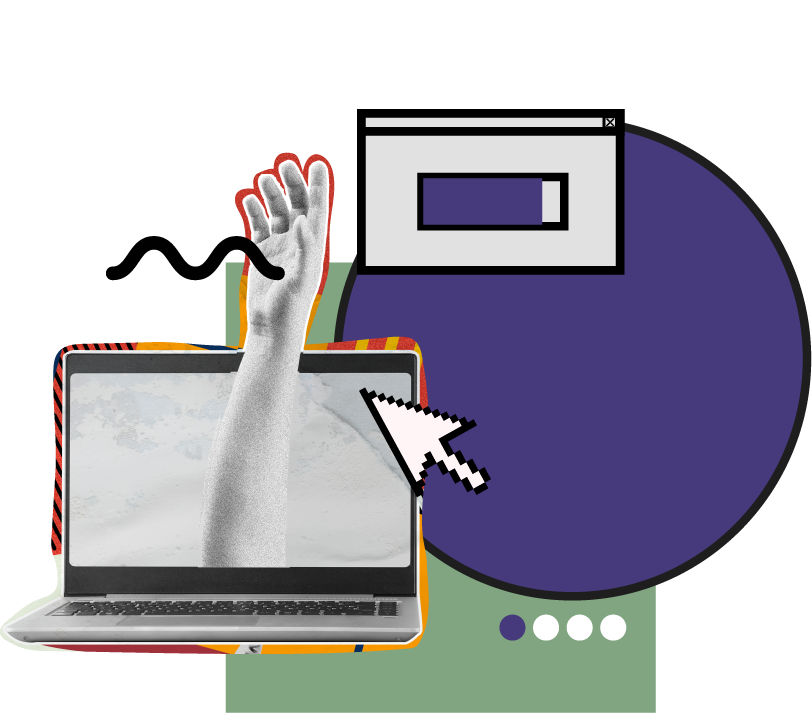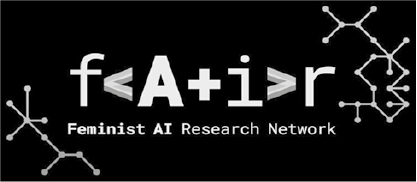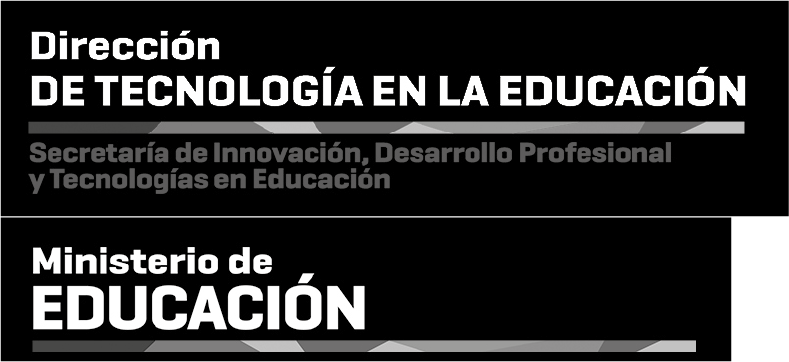Introduction
For the final project of the training course “HESEIA: Tools for Exploring Biases and Stereotypes in Artificial Intelligence in the Classroom,” we will first review its objectives:
- Create a critical and responsible learning experience centered on generative artificial intelligence.
- Collaboratively build a dataset to evaluate stereotypes in these AI technologies.
- Contribute to fostering engaged citizenship in an era of growing AI presence.
As we discussed in Session Four, the practical work you will carry out is part of a collective initiative led by the National University of Córdoba and Fundación Vía Libre. This project seeks to contribute to society by providing tools to understand and analyze how generative AI functions—along with its biases and stereotypes—while promoting classroom experiences that help students develop a critical perspective on AI.
With this goal in mind, we propose the use of EDIA—a locally developed software—in school-based activities. The idea is to collaboratively build a dataset with teachers and students, fostering critical awareness of artificial intelligence while promoting research that connects the social and the computational from our local contexts.
Each activity detailed below will serve as direct input for the final project, which is required for course accreditation. The final project or assessment is divided into four activities:
Activities and Deadlines
1. Development of a Conjectural Script
This activity involves creating a conjectural script where you will imagine, plan, and anticipate the development of your practice. The script should be no longer than four pages.
In the following link, you will find an explanation of what we expect from this task to guide you, along with instructions on how to submit it.
Deadline for submission: Friday, September 27.
2. Implementation of the Script in your Schools
Carry out the lesson(s) planned in your conjectural script in your schools. We recommend incorporating the use of EDIA in the classroom or as a homework assignment to compare biases and stereotypes through relevant phrases related to your curriculum.
Deadline for implementation: Friday, October 18.
3. Final Report of the Work Done
During the in-person class session on September 28, we will introduce additional tools, such as data enhancement and analysis, development of the final product, and potential narratives.
Deadline for submission: Friday, October 25.
4. Showcasing
This could include creating a poster, a podcast, a video, or any other product you consider appropriate for this purpose, with the aim of sharing it on the website.
Deadline for submitting material: Sunday, October 21.






